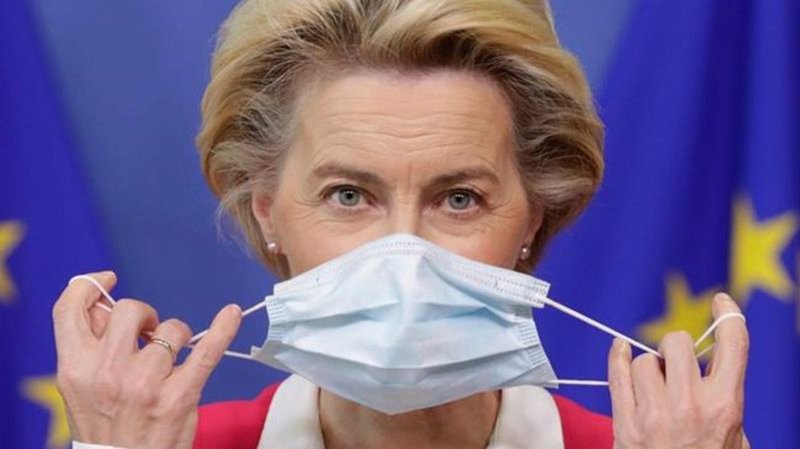
EU proposes new asylum system to help frontline nations
BRUSSELS — The European Union announced a major overhaul of its asylum system Wednesday in hopes that more countries will finally share responsibility for people landing on Europe’s shores seeking sanctuary or better lives.
The move comes after years of chaos and dispute among the bloc’s 27 nations over the handling of migrants and refugees amid a recognition that the current EU system for deciding whether they should receive protection or be sent home has failed.
“The old system to deal with it in Europe no longer works,” European Commission President Ursula von der Leyen told reporters in Brussels, adding that the “New Pact for Migration and Asylum” offers Europe “a fresh start.”
The arrival in 2015 of well over 1 million migrants, mostly refugees fleeing war in Syria, sparked one of the EU’s biggest political crises. EU nations have fought since over who should take responsibility for the migrants, with front-line Mediterranean nations like Greece, Italy, Malta and Spain demanding more help from their EU neighbours.


